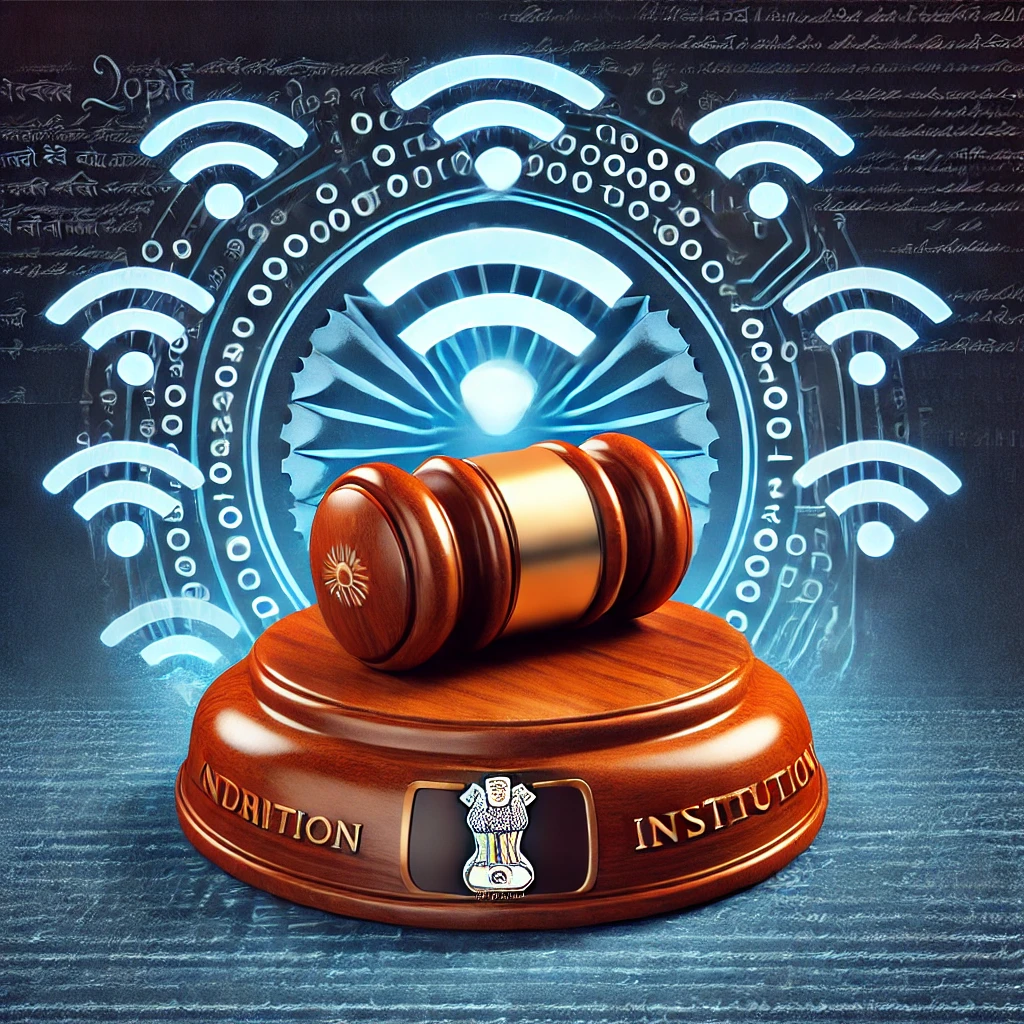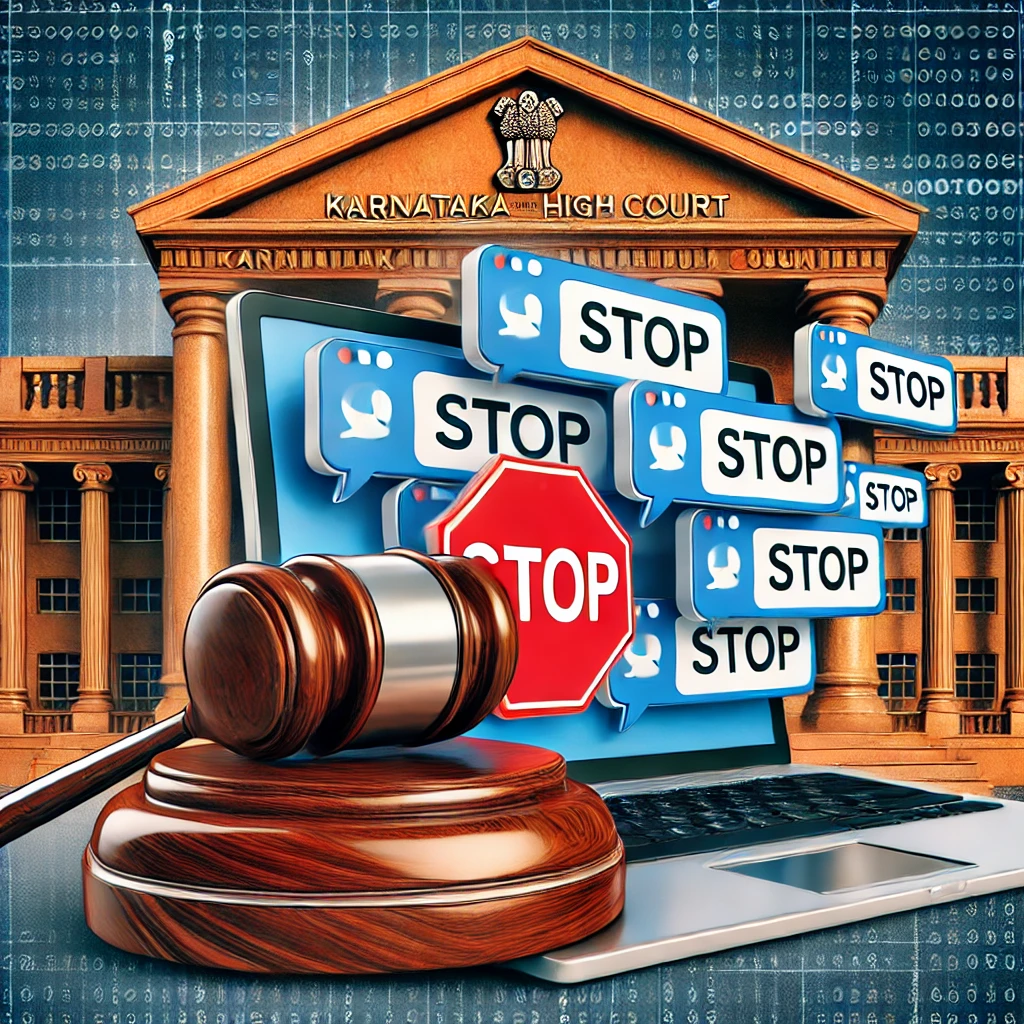Media laws at Italy
In Italy, media laws govern the regulation of both traditional and new media, including broadcasting, print media, and the internet. The media landscape in Italy is shaped by constitutional guarantees of freedom of expression, as well as by national regulations and European Union directives. Below is an overview of Italy's media laws:
1. Constitutional Protection of Freedom of Expression:
Article 21 of the Italian Constitution guarantees the right to freedom of expression, including the freedom of the press, and prohibits censorship. It states that "Everyone has the right to freely express their thoughts in speech, writing, or any other means of dissemination."
However, this freedom is not absolute. It can be limited for reasons such as national security, public order, or the protection of public health and morals.
2. Broadcasting and Telecommunications:
The regulation of broadcasting in Italy is overseen by AGCOM (Autorità per le Garanzie nelle Comunicazioni), the Italian Communications Authority, which is responsible for ensuring fair competition and diversity in the media market, as well as regulating broadcasting standards.
The Audiovisual Media Services Directive (AVMSD): As a member of the European Union, Italy is subject to EU regulations, such as the AVMSD, which sets standards for TV content, advertising, and the protection of minors.
Public and Private Broadcasting: Italy has a dual broadcasting system with both public and private broadcasters. The public broadcaster, RAI (Radiotelevisione Italiana), operates multiple television and radio channels and is funded through a combination of license fees and advertising revenue.
Private broadcasters, such as Mediaset, dominate the Italian television market, and there are numerous regional broadcasters and national radio stations.
3. Television and Radio Laws:
Law No. 223/1990 (the so-called "Mammì Law") regulates television and broadcasting, ensuring that the media is diverse and that no single entity dominates the market. This law established the framework for the regulation of private television in Italy and introduced restrictions on the concentration of media ownership.
The Mammì Law was amended several times, particularly following landmark decisions in European Court of Justice cases, and it continues to influence the media landscape.
RAI is required to fulfill public service obligations under Italian law, including the provision of impartial news and the representation of a range of viewpoints. The RAI license fee is paid by Italian households and is used to fund the public broadcaster's activities.
4. Media Ownership and Concentration:
There are concerns about media concentration in Italy, with a few large private corporations, notably Mediaset (owned by former Prime Minister Silvio Berlusconi) and RCS MediaGroup, dominating the television and print sectors.
The Mammì Law sought to curb excessive media concentration, but there have been ongoing concerns about media pluralism in Italy, especially given the large influence of certain media tycoons over the political and media landscape.
AGCOM plays a role in monitoring and enforcing rules on media concentration to ensure that no single entity holds too much control over the media.
5. Defamation Laws:
Defamation in Italy is both a civil and criminal offense. Individuals or entities who are defamed can file lawsuits against media outlets or journalists.
Criminal defamation (Article 595 of the Italian Penal Code) can result in fines or imprisonment, though in practice, criminal prosecution for defamation is rare in the context of journalism. Civil defamation lawsuits are more common.
The defamation laws have faced criticism for limiting journalistic freedom, as defamation suits can be used as a tool for silencing critics or discouraging investigative reporting.
6. Access to Information:
Italy does not have a comprehensive Freedom of Information (FOI) law, but there are provisions that allow for access to government documents under certain conditions.
The Legge 241/1990 (Law No. 241 of 1990) gives citizens the right to access administrative documents held by public authorities, though it includes restrictions related to national security, privacy, and other sensitive matters.
Italy's access to information laws are considered relatively weak compared to other European countries, and journalists sometimes face challenges in obtaining public information.
7. Censorship and Media Regulation:
Censorship in Italy is prohibited by the Constitution, but there are exceptions for materials that violate public order, national security, or decency.
There are also regulations concerning the protection of minors in the media. For example, there are strict rules regarding violent or sexually explicit content, especially on television, and certain programs must be aired at specific times to avoid exposing children to inappropriate content.
AGCOM also regulates advertising and content on television, ensuring that there is no misleading advertising, especially with regard to sensitive products like alcohol, gambling, and tobacco.
8. The Internet and Social Media:
The Italian government has taken steps to regulate the internet, especially with regard to issues like online privacy, cyberbullying, and hate speech. Italian laws are in line with European Union regulations such as the General Data Protection Regulation (GDPR) and e-Commerce Directive.
Online defamation and hate speech are issues that have been addressed in Italy through various legal frameworks, with efforts to combat online abuse and misinformation.
Social media platforms, while not specifically regulated by Italian law, must comply with EU rules regarding privacy, consumer protection, and hate speech. Italy has seen discussions about the need to regulate social media platforms more strictly, particularly in the wake of rising concerns over disinformation and online harassment.
9. Journalist Protection and Press Freedom:
Italy has a strong tradition of press freedom, but journalists sometimes face challenges such as physical threats, particularly when covering organized crime or corruption.
In recent years, the Italian National Federation of the Press (FNSI) has advocated for the protection of journalists and press freedom, especially in the face of growing challenges to independent journalism.
According to Reporters Without Borders, Italy has faced some challenges in the area of press freedom, particularly regarding the safety of journalists and the influence of powerful media owners on editorial content.
10. EU Regulations and International Commitments:
As a member of the European Union, Italy is bound by EU regulations that affect media laws, such as the Audiovisual Media Services Directive (AVMSD), which sets standards for audiovisual content and advertising across member states.
Italy also adheres to international agreements on media freedom, including commitments to Council of Europe and United Nations standards on the protection of journalists and freedom of expression.
Conclusion:
Italy’s media laws are built around constitutional protections for freedom of expression, but they are also shaped by complex regulations governing broadcasting, telecommunications, and internet use. While there are guarantees of media freedom, concerns about media concentration, defamation laws, and the influence of powerful media owners continue to be prominent. The role of AGCOM in regulating the media and ensuring diversity is central to the functioning of Italy’s media landscape. Journalists face some challenges in terms of legal risks, threats, and political pressures, but Italy remains an important media hub in Europe with significant legal protections for press freedom.




















0 comments